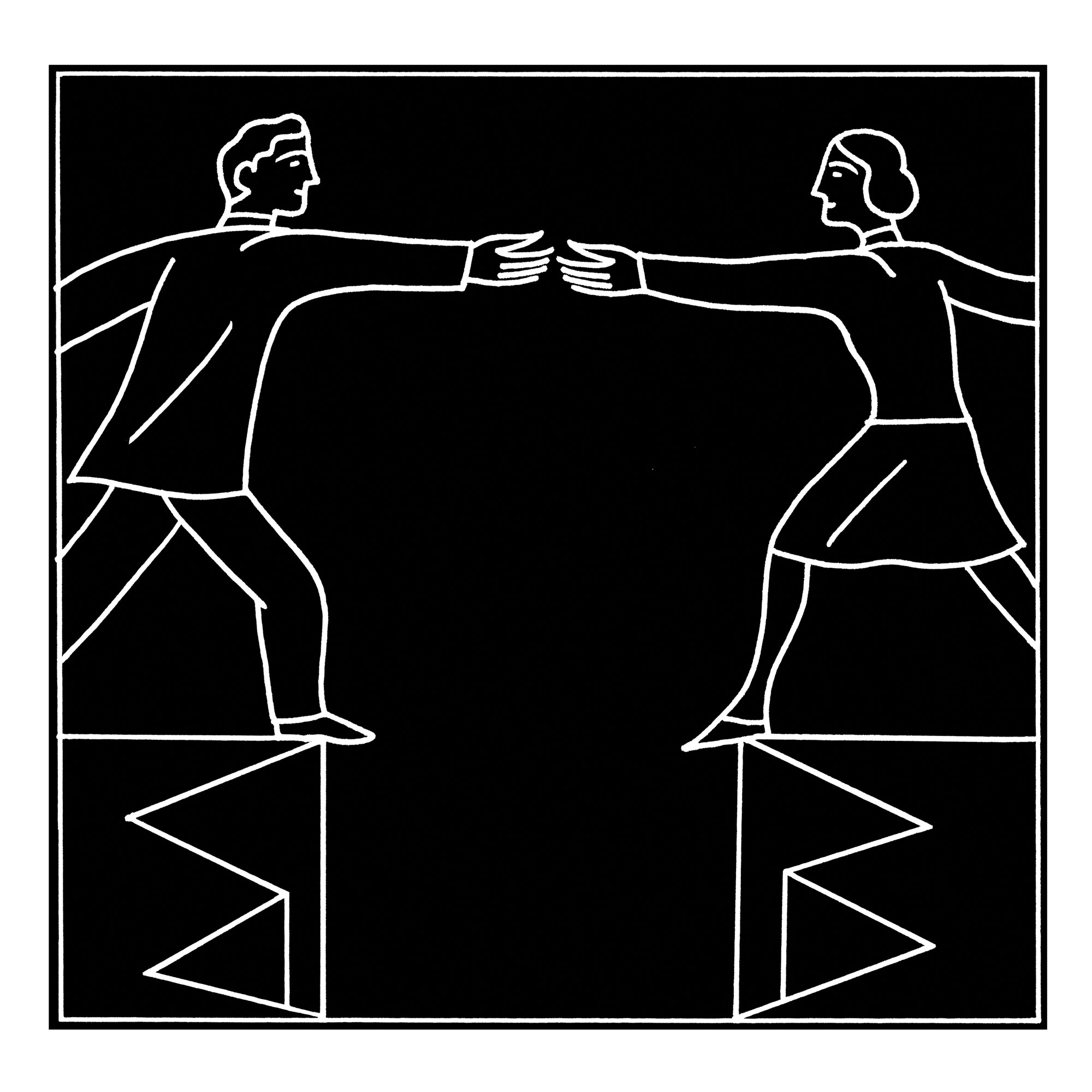
Learning across difference Learning across difference Learning across difference
Outgoing UW President Ana Mari Cauce shares what she's learned after nearly four decades at the University.
By Ana Mari Cauce | Illustration by Anthony Russo | September 2024
Just over 38 years ago, I arrived at the University of Washington in Seattle as a young assistant professor of psychology. I was deciding between multiple job offers, but I was irresistibly drawn to the UW, where the beautiful campus framing picture-perfect vistas of Mount Rainier complemented an academic culture grounded in service and collaboration. This was a place where great things were possible. Now, as I enter my last academic year as president, I am even more invigorated by the power of our community to create impact that betters the world.
This fall, we are welcoming students to campus, including around 11,500 who will be starting their UW experience. Recently, especially during the past year, we’ve seen how deepening polarization and rising extremism in both our country and around the world can stymie our efforts toward making progress on the many problems confronting our society. We have both an opportunity and an obligation to equip students for lives and careers in which they can lead with empathy and collaborate across difference to achieve positive impact in their communities and in the world. That preparation must include providing them with the tools to engage in meaningful dialogue with those who hold different perspectives, experiences and beliefs, which is a precondition for creating lasting change.
These essential life skills are not just a requirement for greater harmony, they are the bedrock of advancing learning, research, innovation and problem-solving. Universities serve as crucibles for ideas and discovery, an alchemy that is only possible in an environment where people are able to consider and evaluate different approaches, new evidence and competing narratives. This year, among other efforts to cultivate these abilities, Provost Tricia Serio is launching a campus-wide project to promote learning environments that encourage curiosity, critical thinking, active listening, productive dialogue and shared responsibility.
“As our alumni, you are a vital part of that engine for good.”
Ana Mari Cauce
These same values and skills are also fundamental to our faculty and staff’s work to advance the public good through knowledge creation and service. As a convener across disciplines, organizations, sectors and communities, our mission depends on our ability to collaborate successfully with diverse stakeholders. Since the launch of our Population Health Initiative eight years ago, our strength in interdisciplinary collaboration has fueled projects ranging from supporting improved maternal health and alleviating childhood poverty to increasing knowledge and awareness of geographic health disparities. With the success of this interdisciplinary model as our guide, we are putting these same approaches to work in service of other large, complex challenges facing our world, including climate change and ethical computing.
These undertakings are ambitious and long-term, and they begin with a mindset that is open, curious and respectful of others’ talents and perspectives. Our students, faculty, staff, supporters and partners rely on the University of Washington to be a champion of intellectual inquiry and collaborative exploration in service of the public good. Our shared commitment to these ideals—the ideals that first brought me here decades ago—is the engine that drives the progress we will make together. As our alumni, you are a vital part of that engine for good, and I thank you for your continued engagement.
Ana Mari Cauce is the UW’s 33rd president. She has worked to expand access to higher education for Washington students and advanced interdisciplinary research to meet global challenges. This year will be her last as UW President.